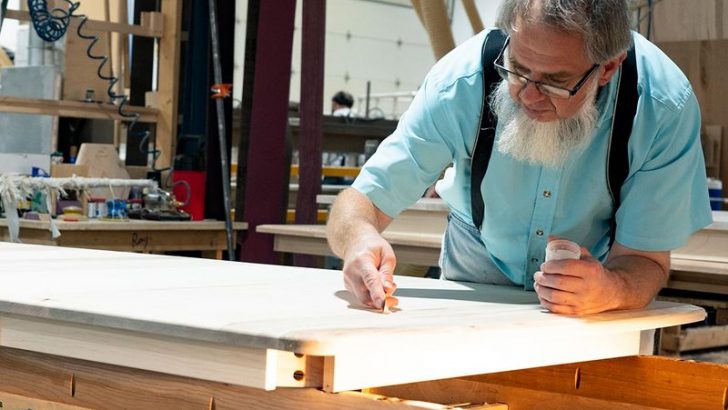In today’s fast-paced world, it’s easy to overlook the simple, yet invaluable skills our grandparents possessed. These were skills honed through years of necessity, creativity, and resourcefulness. As we find ourselves in an era of consumerism and convenience, revisiting these time-tested practices can not only enrich our lives but also save us significant amounts of money.
From the art of mending clothes to the magic of home cooking, these everyday abilities offer practical solutions to modern-day challenges. Let’s explore 12 remarkable skills your grandparents likely mastered, each with the potential to keep your wallet fuller and your life more fulfilling.
1. Darning Socks
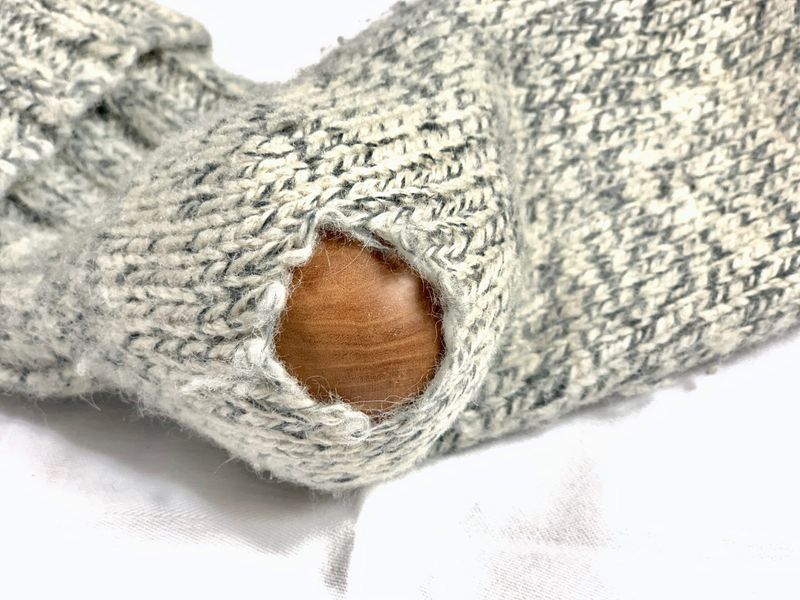
Darning socks may seem like a lost art, but it’s an incredibly useful skill. Picture your favorite socks, worn thin at the heel, given a new lease on life with just a needle and some yarn.
Imagine the satisfaction of repairing rather than discarding, feeling the warm, cozy texture of the yarn beneath your fingertips. Not only does this save money, but it also reduces waste, promoting a more sustainable lifestyle.
With just a bit of practice, anyone can master darning, a skill that embodies patience and care, thus keeping your feet, and spirits, warm and happy.
2. Gardening for Produce
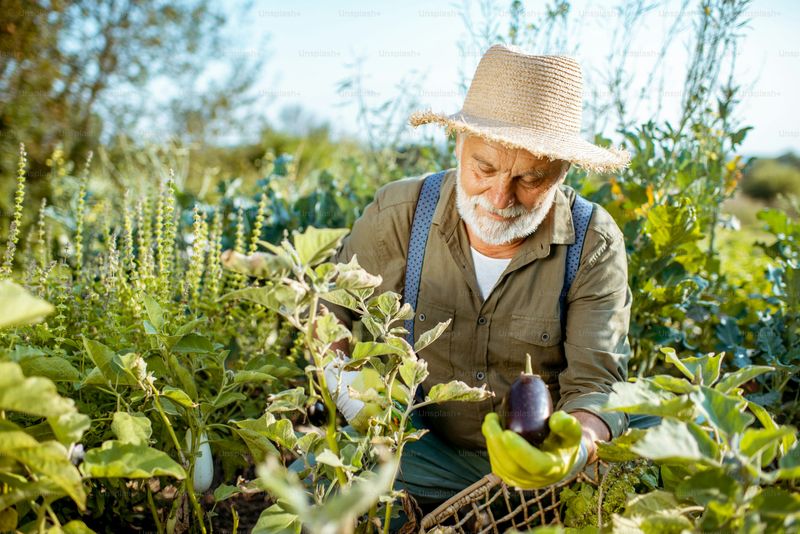
Gardening for produce is more than a hobby; it’s a way to ensure fresh, healthy food right from your backyard. Imagine the earthy scent of soil and the thrill of harvesting vibrant tomatoes or crisp lettuce.
This practice not only cuts down your grocery bill but also connects you to nature’s rhythms. By growing your own vegetables, you enjoy organic, pesticide-free produce.
Gardening fosters a sense of accomplishment and tranquility, making meal times more meaningful. With a little time and effort, your garden transforms into a sustainable source of nourishment and pride.
3. Preserving and Canning
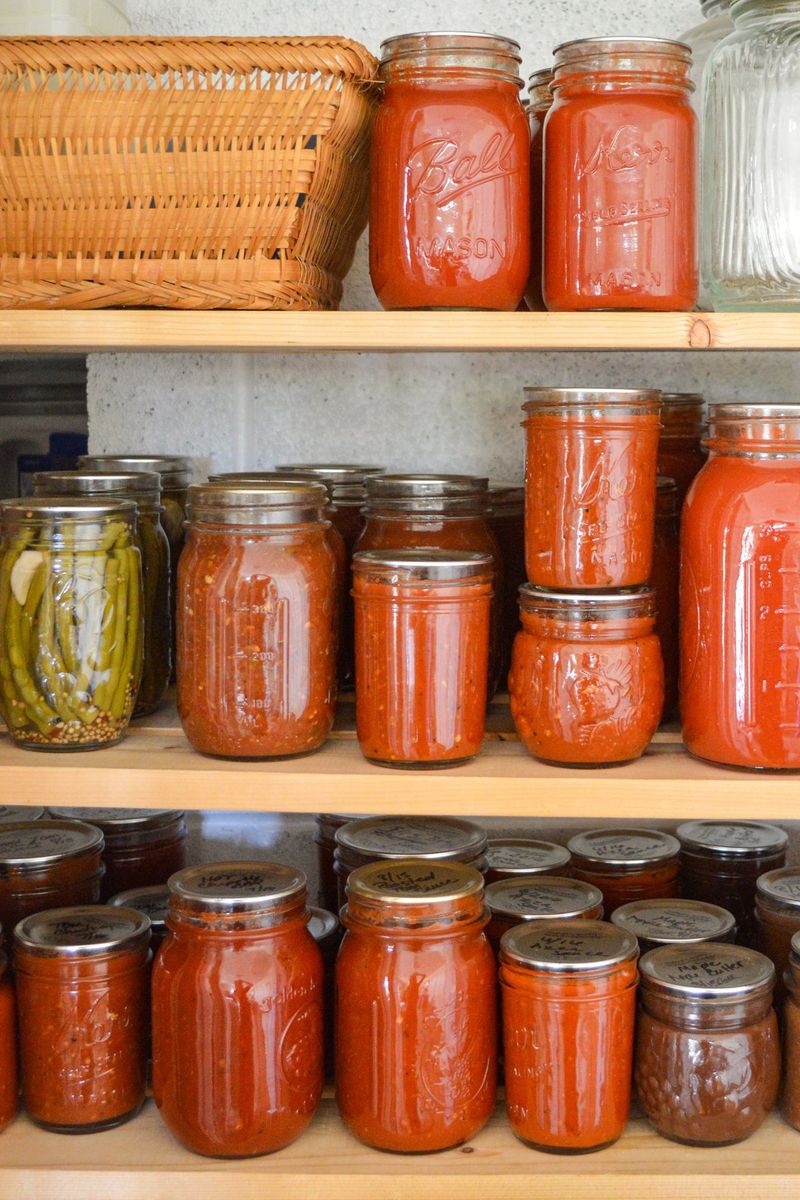
Preserving and canning is an age-old tradition that brings flavors of summer into the winter months. Imagine jars filled with the vibrant reds of strawberry jam or the tangy greens of pickles lining your pantry.
This skill allows you to savor the taste of fresh produce year-round, saving money by reducing the need to buy expensive off-season fruits.
Canning is a joyful, communal activity often shared among family. The clinking of jars and the sweet aroma of simmering fruit make it a sensory delight, capturing the essence of homemade goodness.
4. Sewing Clothes
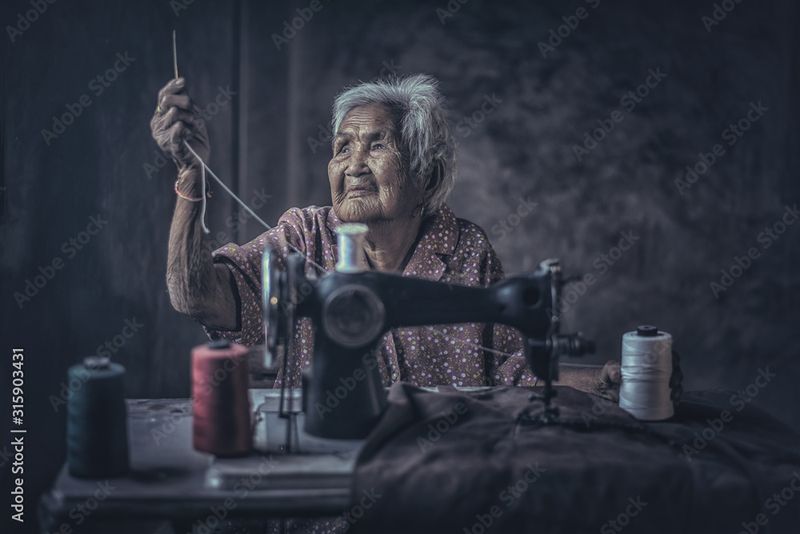
Sewing clothes transforms fabric into fashion, offering a personal touch to your wardrobe. Picture the rhythmic hum of a sewing machine and fabric cascading through skilled, experienced hands.
Creating or mending clothes saves money and encourages individuality in style. Each stitch is a connection to the past, where garments were cherished and crafted with care.
Learning to sew opens opportunities for creative expression, allowing for customized fits and recycled fashion. It’s a practical skill that combines utility with artistry, making each outfit a wearable treasure.
5. Home Cooking from Scratch
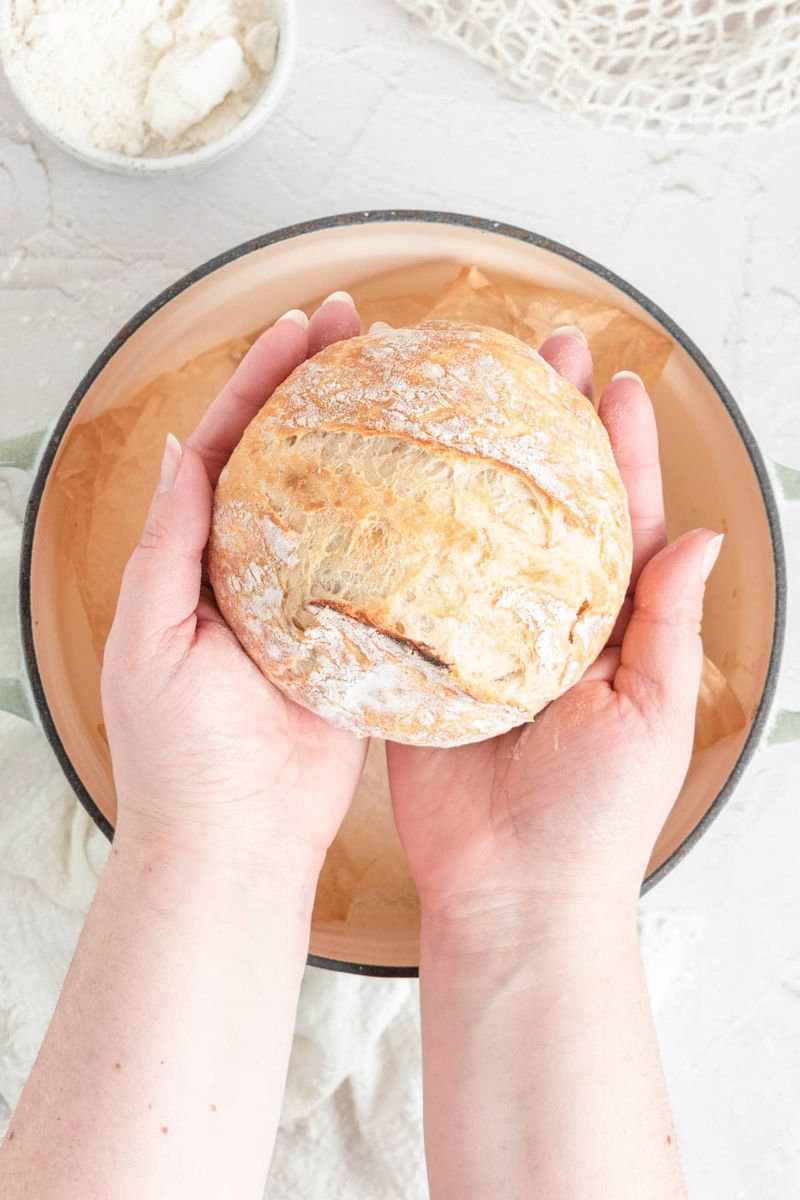
Home cooking from scratch is the heart of family meals, rich with tradition and flavor. Imagine the aroma of fresh bread baking or the sizzle of vegetables in a pan, a symphony of sensory delight.
Cooking at home is not only healthier but also more economical. It allows for control over ingredients and portion sizes, reducing waste.
This practice fosters creativity and togetherness, turning meals into memorable experiences. With each meal prepared, you’re not just feeding your body but also nurturing your spirit, echoing the love and care of generations past.
6. Budgeting and Saving

Budgeting and saving is an essential skill that ensures financial stability. Visualize sitting down with a pen and paper, calculating expenses and prioritizing needs over wants.
This skill helps to identify areas of overspending and encourages smart financial decisions. It transforms monetary chaos into organized clarity.
Grandparents often knew the value of a dollar, teaching us to save for a rainy day. Emphasizing frugality and foresight, budgeting fosters security and peace of mind, creating a roadmap for financial freedom.
7. Repairing Household Items
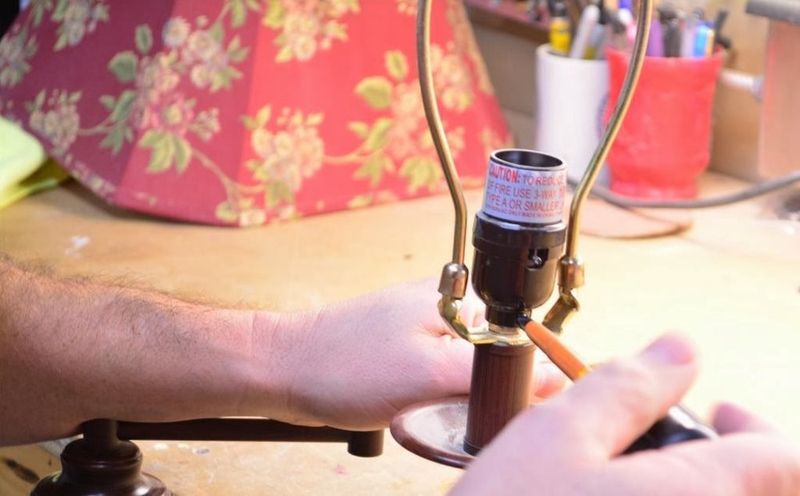
Repairing household items is a practical skill that prevents unnecessary expenses. Picture the satisfaction of turning a broken lamp into a functioning piece again, reviving its warm glow.
This ability not only saves money but also reduces waste, promoting sustainability. It keeps cherished items in use, preserving memories.
With a few tools and some know-how, simple repairs become empowering projects. Each fix is a testament to resourcefulness and ingenuity, a way to breathe new life into everyday objects.
8. Bartering and Trading
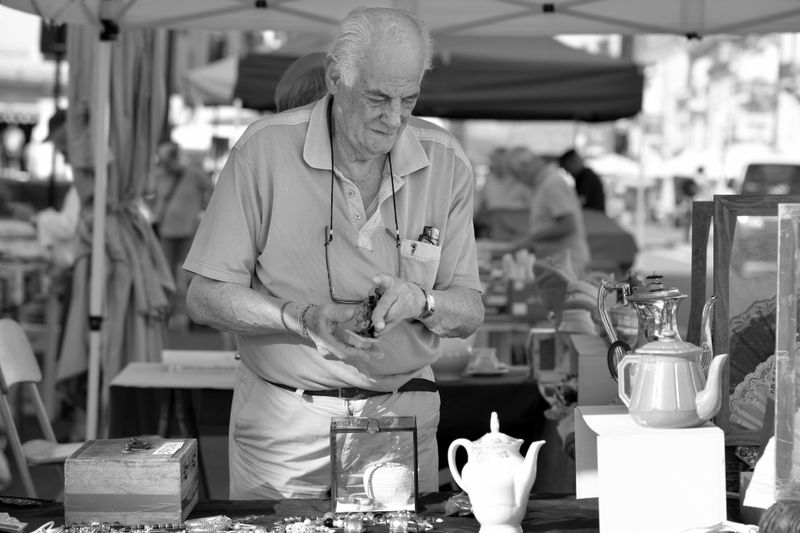
Bartering and trading hark back to a time before money was king. Imagine a lively market where goods are exchanged with friendly smiles and handshakes.
This practice promotes community and reduces reliance on cash. By trading skills or goods, you can acquire what you need without spending money.
It’s an art of negotiation and relationship-building, fostering trust and collaboration. Bartering revives a sense of community interdependence, where value is found in mutual benefit and shared resources.
9. Making Homemade Remedies

Making homemade remedies is a testament to nature’s healing power. Picture a kitchen where jars of herbal concoctions line the shelves, each a remedy for life’s minor ailments.
This skill saves money on pharmaceuticals and promotes health through natural means. Using herbs and natural ingredients, you can create soothing balms or calming teas.
It’s a practice rooted in tradition, connecting us to ancestral wisdom. Crafting remedies is not only practical but also a comforting ritual, nurturing both body and soul.
10. Knitting and Crocheting
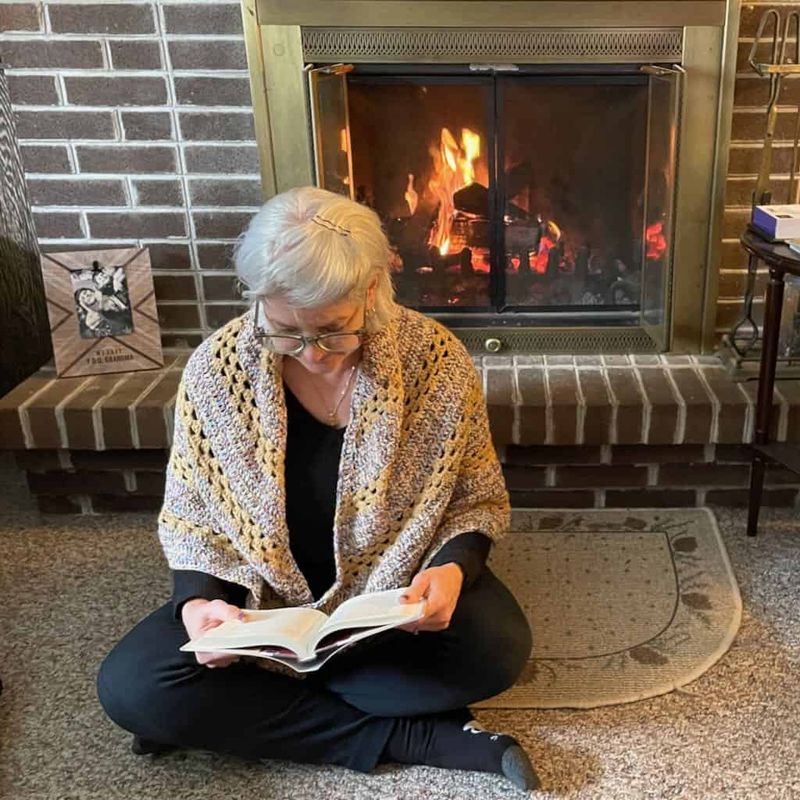
Knitting and crocheting transform yarn into warm, cozy garments. Envision the soft click of needles and the rhythmic motion of hands crafting a vibrant scarf.
This skill creates personalized gifts and clothing, saving money on expensive, store-bought items. It offers a creative outlet and a sense of accomplishment.
Knitting also provides relaxation, a meditative state where stress melts away. It’s a tradition passed down through generations, wrapping you in warmth and love, stitch by stitch.
11. Foraging for Wild Foods
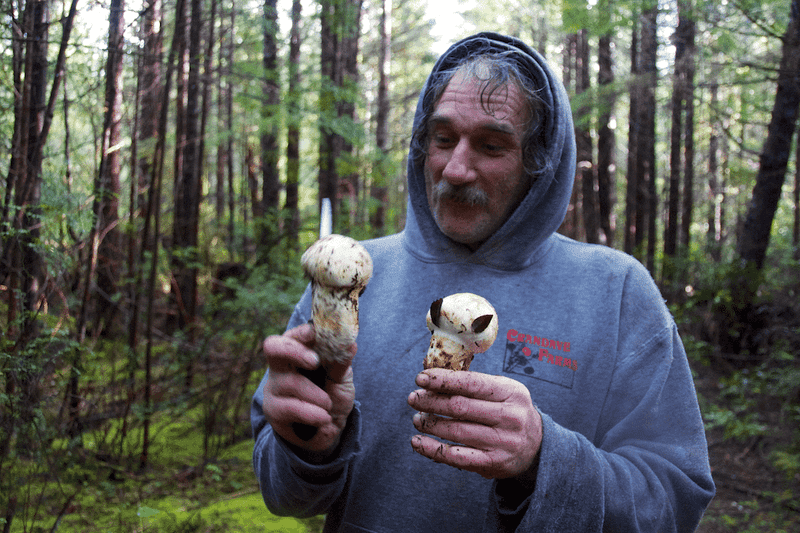
Foraging for wild foods is like a treasure hunt in nature. Picture walking through a forest, gathering mushrooms or berries, a basket slowly filling with nature’s bounty.
This skill allows for free, nutritious food while connecting deeply with the natural world. It’s about recognizing what is safe to eat and what provides nutritional value.
Foraging is an adventure, offering both physical activity and mental engagement. This ancient practice nurtures appreciation for the earth’s gifts, turning a simple walk into a fruitful expedition.
12. Making Homemade Cleaning Products
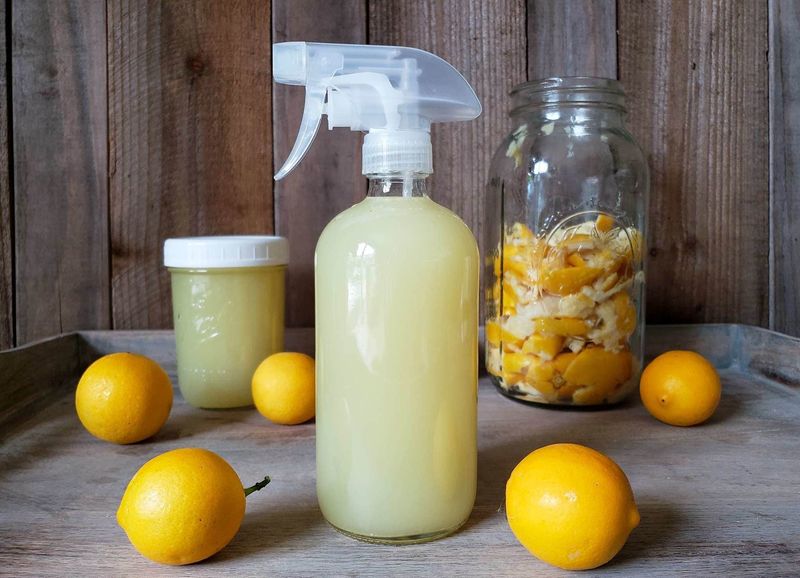
Making homemade cleaning products is a cost-effective way to keep your home sparkling clean. Imagine mixing vinegar, baking soda, and lemon, creating a powerful, natural cleaner.
This skill eliminates harsh chemicals and reduces household expenses. It emphasizes simplicity and safety, protecting both the environment and your health.
Crafting cleaners is an empowering process, transforming everyday ingredients into effective solutions. It’s a practice of mindfulness, promoting cleanliness with a touch of creativity.

Well, hello there!
My name is Jennifer. Besides being an orthodontist, I am a mother to 3 playful boys. In this motherhood journey, I can say I will never know everything. That’s why I always strive to read a lot, and that’s why I started writing about all the smithereens I came across so that you can have everything in one place! Enjoy and stay positive; you’ve got this!

